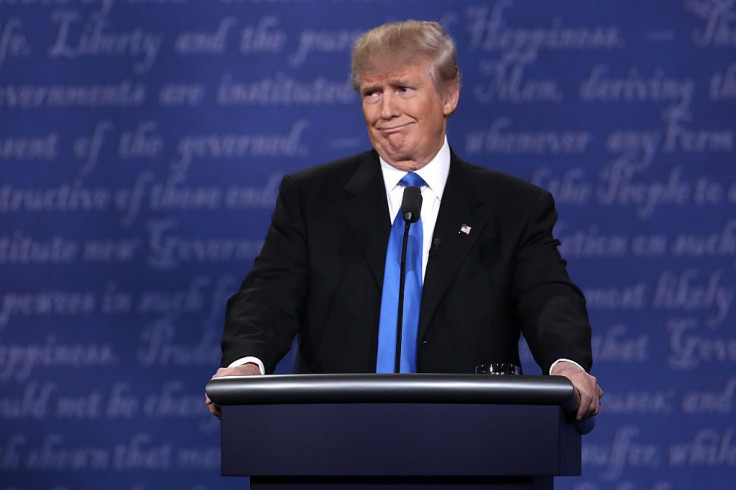
U.S. President Donald Trump threatened Venezuela's government to take "strong and swift economic actions" if Nicolas Maduro goes against Venezuelans will and continues with his plan to rewrite the country's constitution. "If the Maduro regime imposes its Constituent Assembly on July 30, the United States will take strong and swift economic actions," Trump wrote in his statement.
"Yesterday, the Venezuelan people again made clear that they stand for democracy, freedom, and rule of law," Trump said. "Yet their strong and courageous actions continue to be ignored by a bad leader who dreams of becoming a dictator." The United States will not stand by the Venezuela crumbles."
About 7.2 million Venezuelans participated in the elections organized by the opposition in rejection of the Constituent Assembly. Although the votes were a symbolic act, they represent fully the main objective of the opposition, the party of Mesa de la Unidad Democrática (MUD), which is to let the world know that the changes that Maduro wants to achieve are rejected by most Citizens of that Nation.
Speaking of the statement, Venezuelan Foreign Minister Samuel Moncada, who had given the news that the former president of Mexico Vicente Fox had been declared a persona non grata in Venezuela, repudiated the White House statement at a press conference. "Trump has committed an aggression against a Latin American country," the official said.
Moncada said that the U.S. was "xenophobic and racist" and said they would not accept humiliation from anyone. "The United States threatens the people," said the chancellor. "The dignity of our people is at stake," he added.
Repudio al Errático Comunicado emitido por el Gobierno de Estados Unidos contra la Patria de Bolívar.https://t.co/MRyye3XqY7 pic.twitter.com/OMJUPsX30J
— Samuel Moncada (@SMoncada_VEN) July 18, 2017
According to CNN, economic sanctions on Venezuela would have a devastating impact, because not only does the Nation have the world's largest oil reserves, the U.S. is its biggest customer.
A Latin America economist told CNN that if Trump takes actions against Maduro, Venezuela's humanitarian crisis will be worse. "There have been U.S. sanctions on Venezuela but they were just targeted at certain individuals with asset freezes and stopping them from going to the U.S., rather than sanctions on oil exports which would be much more explosive," said Edward Glossop.
"There is no real indication that the US is willing to go as far as sanctioning the oil industry because it's not clear who that hurts. It might hasten the end of Maduro's regime but would also definitely make the humanitarian crisis worse in the near-term at least," he added.
Protests against Maduro since April 1 have brought thousands to the streets demanding elections, but has also left 95 people dead, according to an official toll. The opposition in Venezuela is brutally repressed and everyone is asking for peace in the midst of the crisis.
© 2025 Latin Times. All rights reserved. Do not reproduce without permission.






